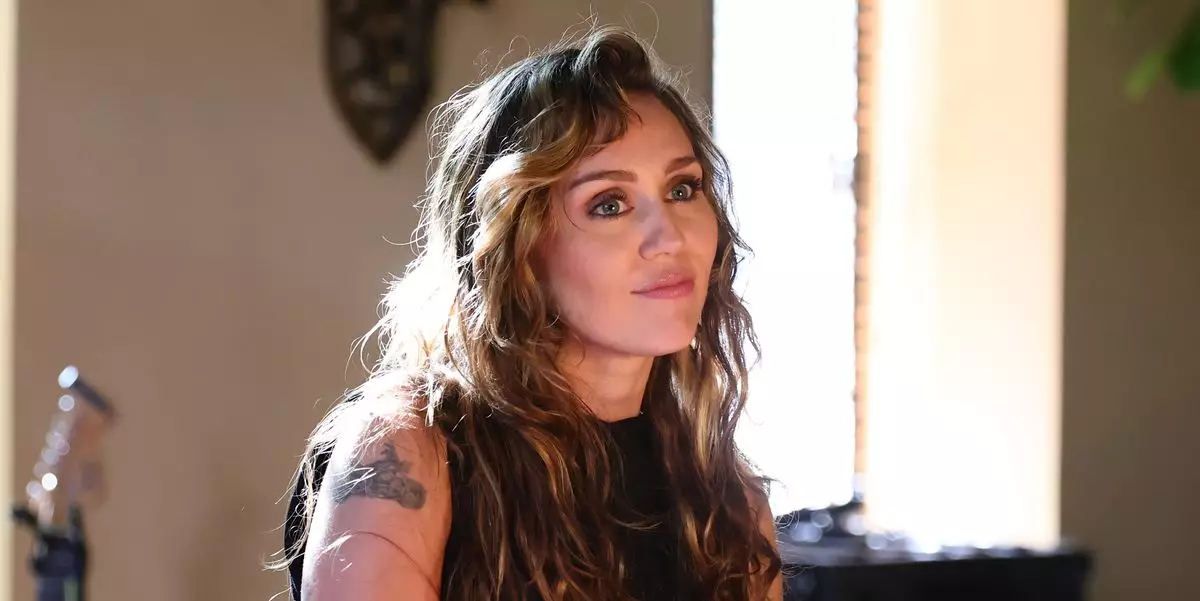Miley Cyrus has long captivated audiences, transitioning from a teenage sensation on Disney’s *Hannah Montana* to an adult artist with a distinct voice and perspective. In her recent appearance on The Interview podcast, Cyrus offered fresh insights into her growth, emphasizing the importance of aligning her career choices with her genuine interests. This notion of self-awareness serves as an inspiring reminder that in a world often driven by market trends, authenticity is a powerful asset.
One of the most striking revelations was Cyrus’s candid discussion on her decision to forgo a makeup line, a typical move for many pop stars. Her response to her stepdad’s question—”That’s not my passion”—speaks to a deeper understanding of identity and the potential pitfalls of business ventures that don’t resonate with one’s true self. Such insights challenge the industry norm where popularity often translates to branding opportunities, urging budding artists to prioritize what truly ignites their passion rather than succumbing to external pressures.
The Weight of Responsibility
Cyrus broadened her focus by addressing the notion of motherhood, a subject often glossed over in the dialogue surrounding young women in pop culture. By candidly admitting her lack of desire for motherhood, she opens up a crucial conversation about the responsibilities and sacrifices that parenthood entails. The choice of parenthood should stem from passion, as Cyrus notes, rather than societal expectations. This perspective is particularly empowering, championing individuality and the importance of having one’s own priorities.
It’s refreshing that Cyrus does not criticize her peers who delve into realms like beauty or family life. Instead, she expresses solidarity and concern for fellow artists navigating similar waters. Her friendship with Ariana Grande, for example, reveals a supportive bond rooted in shared experiences and the complexities of growing up in the public eye. This camaraderie fosters an environment where artists can connect on the emotional toll of fame, reinforcing that vulnerability can be a source of strength.
Pushing for Support in the Industry
Cyrus’s acknowledgment of the psychological struggles faced by child actors highlights a glaring gap in the entertainment industry. Her advocacy for regular mental health check-ins for young performers could pave the way for a much-needed shift toward prioritizing mental wellness. She has also made it clear that her own journey through therapy has been instrumental in navigating the tumultuous waters of fame, suggesting that awareness and management of mental health are crucial for long-term success in the industry.
In reflecting on the pressures facing emerging artists like Sabrina Carpenter, Cyrus’s empathetic stance shines through, reminding us that even in a world filled with glamour, underlying anxieties persist. Her instinctual concern for Carpenter epitomizes the community spirit that can thrive if artists choose to lean on one another.
At a time when authenticity can often feel sidelined in favor of commercial success, Miley Cyrus stands as a beacon of empowerment. Her journey underscores the importance of crafting a path guided by passion rather than convention, and it invites younger artists to boldly claim their narratives, illustrating that true artistry flourishes when aligned with one’s true self.

